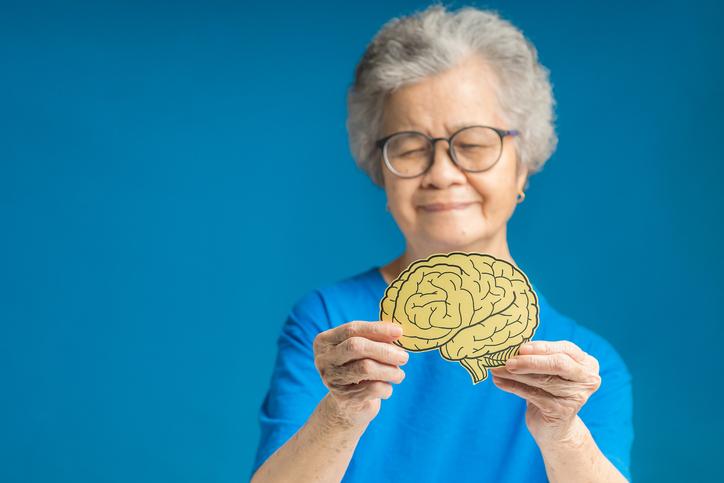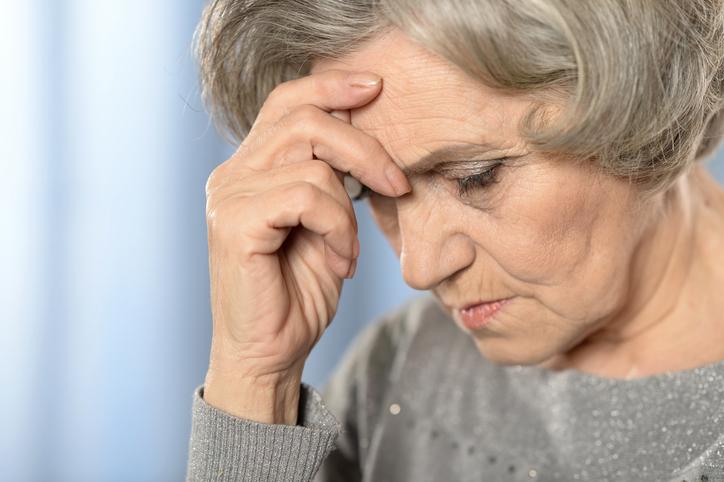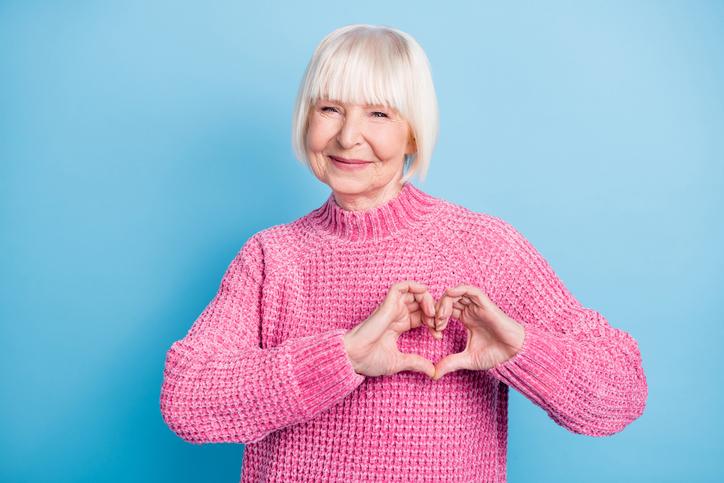3 июля 2022
6 Situations When Insomnia Is a Symptom and Not a Disease


3 июля 2022
6 Situations When Insomnia Is a Symptom and Not a Disease
## Digestive problems
Gastrointestinal diseases can be a cause of insomnia. Indeed, it is not easy to fall asleep if you are experiencing abdominal pain, heartburn, flatulence, nausea, etc. There is a theory that lack of sleep impairs the function of the gastrointestinal tract, which results in a vicious circle. So, if poor sleep is accompanied by the symptoms described above, you should visit a gastroenterologist.
## Anemia
Scientists associate iron deficiency anemia ===with a decrease in sleep quality. The mechanism is simple. Insomnia occurs when iron reserves are depleted in the earliest stages of the disease, as levels of ferritin, one of the most important regulators of sleep, decrease. If sleep deterioration is accompanied by hair loss, brittle nails, pallor, fatigue, dizziness, or shortness of breath, it is worth making an appointment with a general practitioner or hematologist.
## Kidney disease
Kidneys remove toxins from the body. Failure in this process gradually leads to increased levels of orexins and hypercalcemia, and, as a consequence, insomnia. In addition, kidney disease is often accompanied by restless legs syndrome and sleep apnea. Both can interrupt sleep. If you have noticed these symptoms, go see a nephrologist.
## COVID-19
Insomnia can be a sign that you have recently had COVID-19. The phenomenon has been called covidsomnia. Symptoms include increased stress levels, anxiety, depression, impaired concentration and attention, poor mood, daytime sleepiness, and difficulty sleeping. Delayed sleep phase syndrome can also be an issue and is related to circadian rhythm disorder, which involves falling asleep after 1 a.m. and difficulty getting up in the morning. If you feel that COVID-19 has caused you to have insomnia, seek help from a therapist.
## Mental health disorders
Insomnia is a key symptom of many mental health disorders, including anxiety, chronic stress, depression, post-traumatic stress disorder, schizophrenia, bipolar disorder and attention deficit hyperactivity disorder. Any of these requires the advice of an experienced psychotherapist or psychiatrist.
## Hormonal disorders
Women are much more likely to suffer from sleep disorders than men. How easily you fall asleep and actually sleep are directly linked to the hormonal background. Many complain of sleep disturbances before menstruation, when progesterone levels drop. Among women with PMS, the risk of insomnia is high. Problems with sleep can occur during pregnancy, breastfeeding, and later during menopause. To find the most effective treatment, an expert opinion from a gynecologist-endocrinologist is needed.













